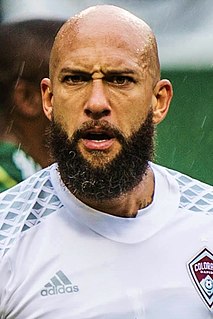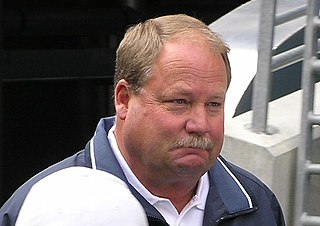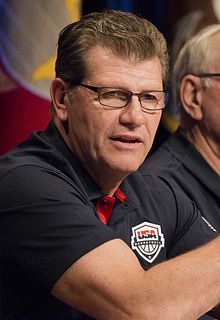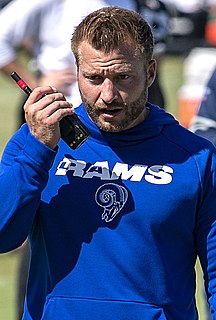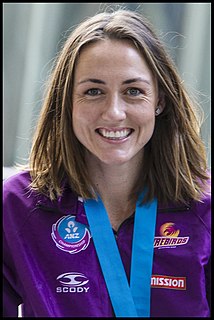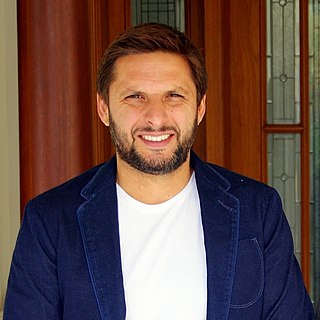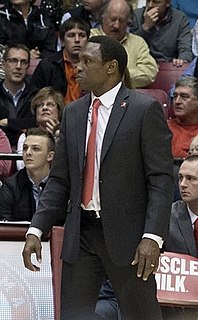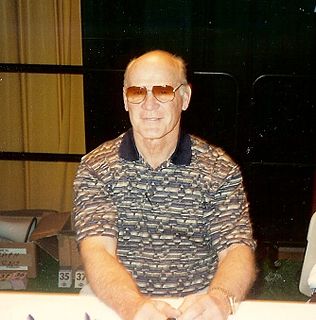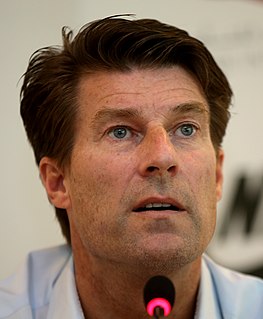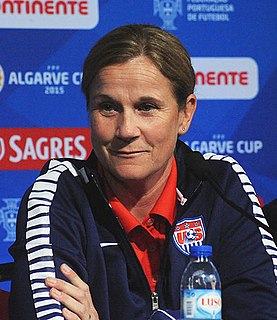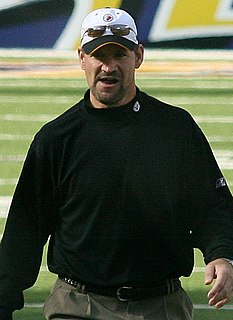A Quote by Tim Howard
I think I have some ideas on coaching, but listen, coaches work harder than players. The hours they put in, the headaches that they have. That's the one thing I've never liked about coaching. They have all the emotion, passion and preparation without actually getting to be able to dictate what happens.
Related Quotes
If you are getting into coaching right out of college, you're not one of the coaches because you're not really, like, a coach yet. You're someone who's in limbo all the time. Navigating that is not easy. If you try to be too much like a player, then the coaches are like, You're not too serious about coaching. If you're going to be too much like a coach, the players are not going to confide in anything.
I've had a couple of people - prominent coaches - walk into an office, shut the door and say, 'What's it like, not coaching?' They're scared. They're scared not to have that. And I'll tell them, 'You know, it's different. You're not going to replace coaching. But there's some normality that's out there, and that's also kind of refreshing.'
